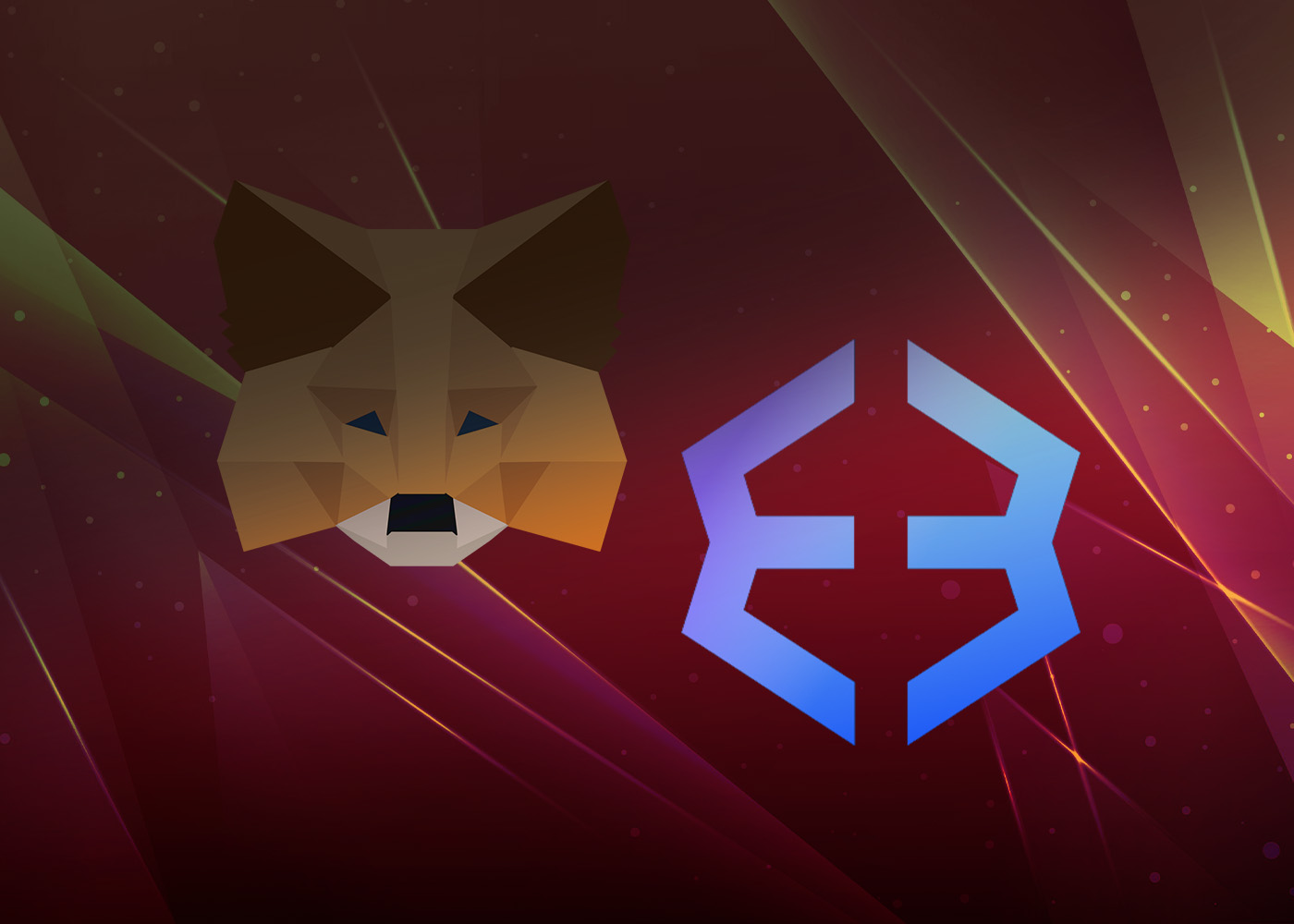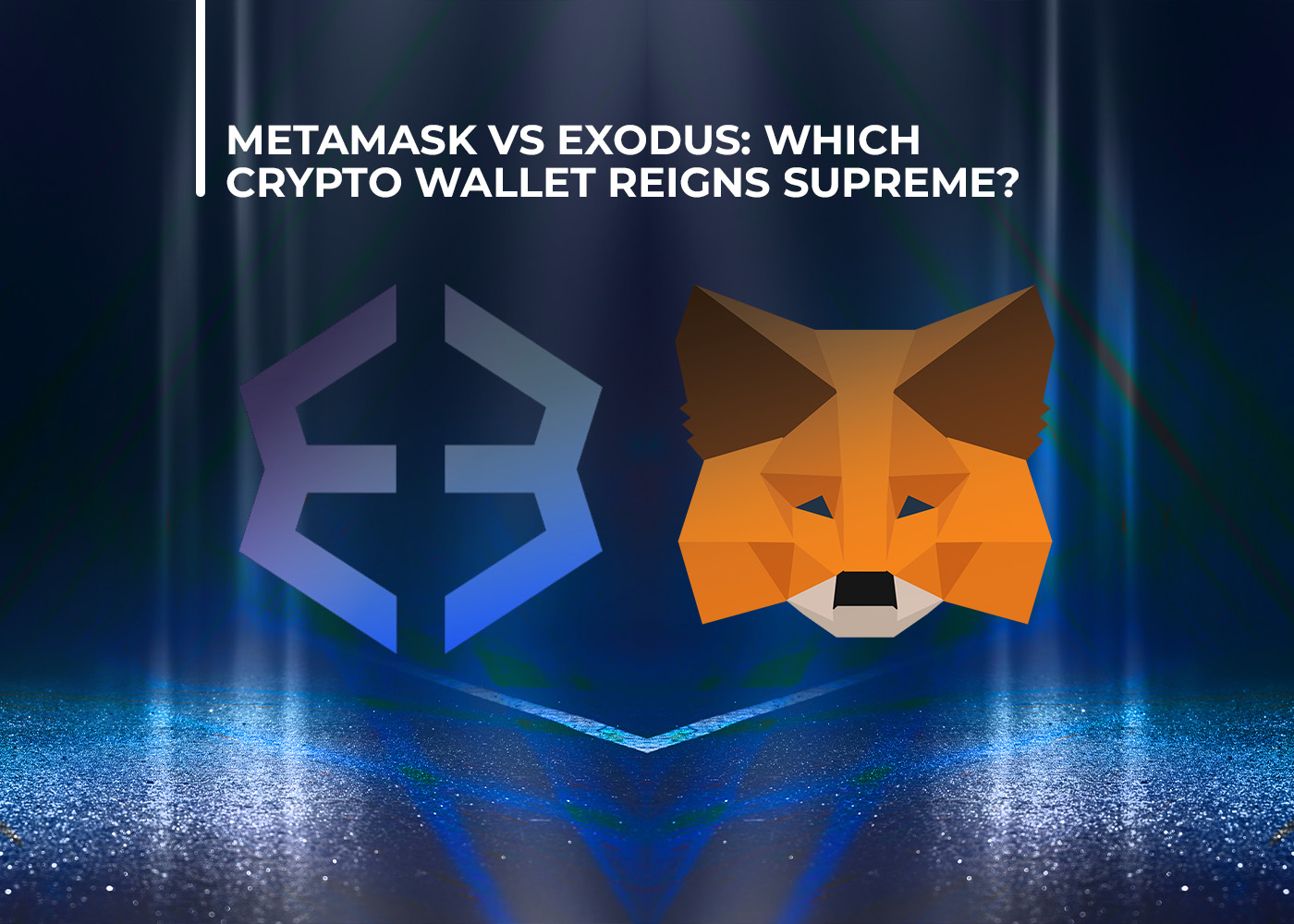Exodus and MetaMask are popular wallets for cryptocurrency users. Today, MetaMask appeals to a more crowded audience in terms of the number of users. Exodus, on the other hand, makes very serious breakthroughs and advertisements in order to ensure a competitive environment. It should be noted that both platforms are extremely useful and customer-friendly.
Contents
General Information About Exodus and MetaMask
Exodus is a user-friendly and multi-cryptocurrency wallet founded in 2016. Its key features include built-in cryptocurrency trading and a powerful user interface. Although Exodus did not attract much attention at the time of its establishment, it has had a very serious user base since 2020.
MetaMask is a wallet based on the Ethereum network, launched in 2016. MetaMask is used for Ethereum and ERC-20 tokens and also provides the opportunity to interact with dApps, decentralized applications. As we have already emphasized, Metamask is used by more people due to the high number of options and the privilege of use.
What Are The Features of Exodus and Metamask?
Exodus offers an easy-to-use wallet that supports multiple cryptocurrencies. It supports more than 100 cryptocurrencies and provides security with strong encryption technology. MetaMask supports Ethereum and ERC-20 tokens and offers the ability to interact with smart contracts. MetaMask encrypts users’ private keys and provides password protection.
Basically, both wallets have their pros and cons. However, most cryptocurrency users work to actively use all their cryptocurrency assets in this system. Research has shown that wallet owners who hold long-term cryptocurrency assets actively use both platforms.

Which One Do They Recommend Based On User Experience?
Exodus offers a user-friendly interface, making it easy to use for beginners. It also helps its users with 24/7 customer support. MetaMask offers an interface that can be used as a browser plugin and provides an advantage when it comes to interacting with Ethereum-based dApps. However, MetaMask’s user interface can be a bit more complex, especially for beginners.
Security and Privacy
Exodus offers security with strong encryption and full control over users’ private keys. MetaMask similarly provides security with encryption of private keys and password protection. Both platforms offer two-factor authentication, increasing account security. In all fairness, it is worth noting that both platforms are extremely convenient and highly reliable when compared to the many platforms and wallets that are currently available on the market.
What Are The Fees And Costs?
Exodus charges fees for cryptocurrency trading transactions. These fees vary depending on the transaction size. MetaMask charges network fees for transactions on the Ethereum network. These fees vary depending on the volume of transactions on the network. When evaluating the fee structure of both platforms, it is important for users to consider their transaction volumes and needs.
Are There Integration and Compatibility Issues?
Exodus offers apps for desktop and mobile devices, making it usable across different platforms. It also integrates with hardware wallets such as Trezor. MetaMask, on the other hand, works as a browser extension and can be used in popular browsers such as Chrome, Firefox, Brave and Edge. MetaMask offers the advantage of integration with Ethereum-based dApps.
Exodus and Metamask Pros and Cons
Exodus and MetaMask each have their pros and cons for users. Exodus offers a user-friendly interface and support for multiple cryptocurrencies. However, it charges fees for trading transactions. MetaMask supports Ethereum and ERC-20 tokens and offers the possibility to interact with dApps, but the user interface can be more complex and only supports transactions on the Ethereum network.
When choosing between Exodus and MetaMask, it is important for users to evaluate based on their needs. Exodus, with its user-friendly interface and support for multiple cryptocurrencies, may be suitable for beginners and those looking to trade a variety of cryptocurrencies.
MetaMask may be more advantageous for users who work with Ethereum and ERC-20 tokens more frequently and interact with dApps. Considering the security and privacy features of both wallets, it would be best for users to choose according to their priorities.

